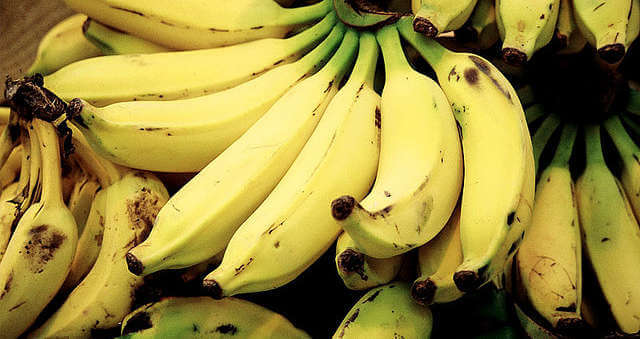If you want to protect your teens from high blood pressure as adults, ease off on salt restrictions and make sure they’re getting enough potassium in their diets.
A study at Boston University found that salt had no long-term effect on blood pressure. Researchers followed the dietary habits of 2,185 girls ages 9 to 10 for 10 years, measuring their intake of sodium and potassium.
The study, which was published in JAMA Pediatrics, found no evidence that higher intakes of salt had a negative effect on adolescent blood pressure. But girls who had high levels of potassium had lower blood pressure throughout adolescence than girls who were deficient in the mineral.
“It may be that potassium is more of a determinant of blood pressure than sodium is,” lead author Lynn L. Moore told the New York Times. “The kids who consumed the most potassium had much lower blood pressures by the end of adolescence. What we need to focus on is increasing potassium intake rather than focusing on restricting sodium intake.”
The Boston University study wasn’t the first to connect potassium with lower blood pressure. A study published in the New England Journal of Medicine examined the relationship of salt intake and potassium. It found that potassium could counter the negative impact of salt on blood pressure, and that diets rich in potassium may reduce the risk of death and cardiovascular disease.
Experts suggest an intake of 4,700 milligrams of potassium daily. Citrus fruits, bananas, potatoes, kale, and fish are rich sources of potassium.
For the original article, visit newsmaxhealth.com.











































